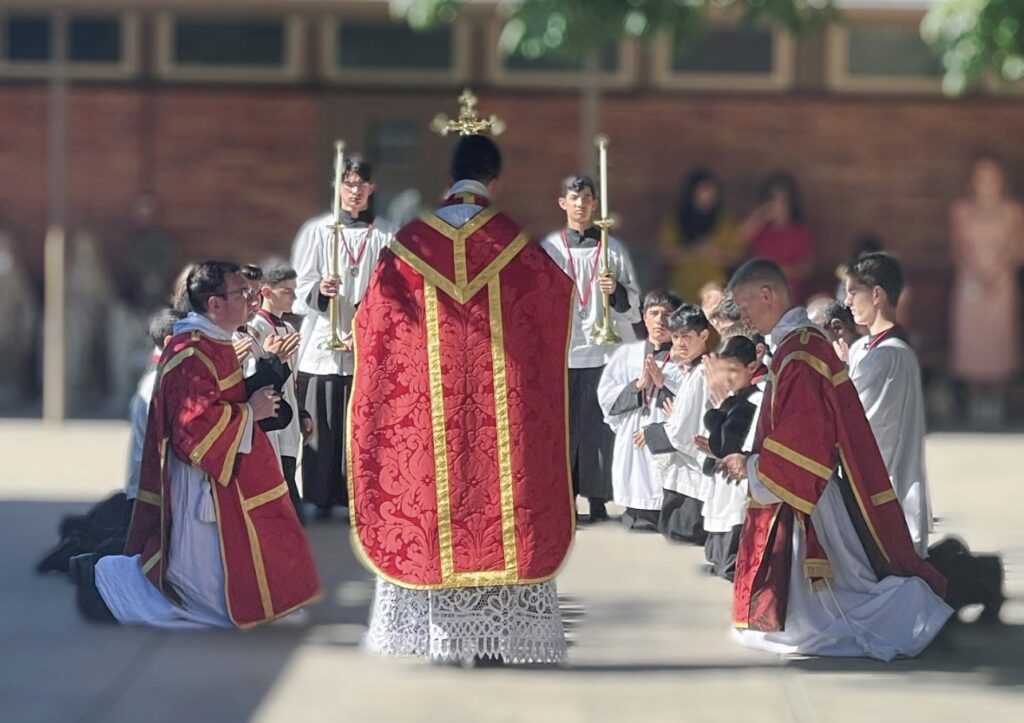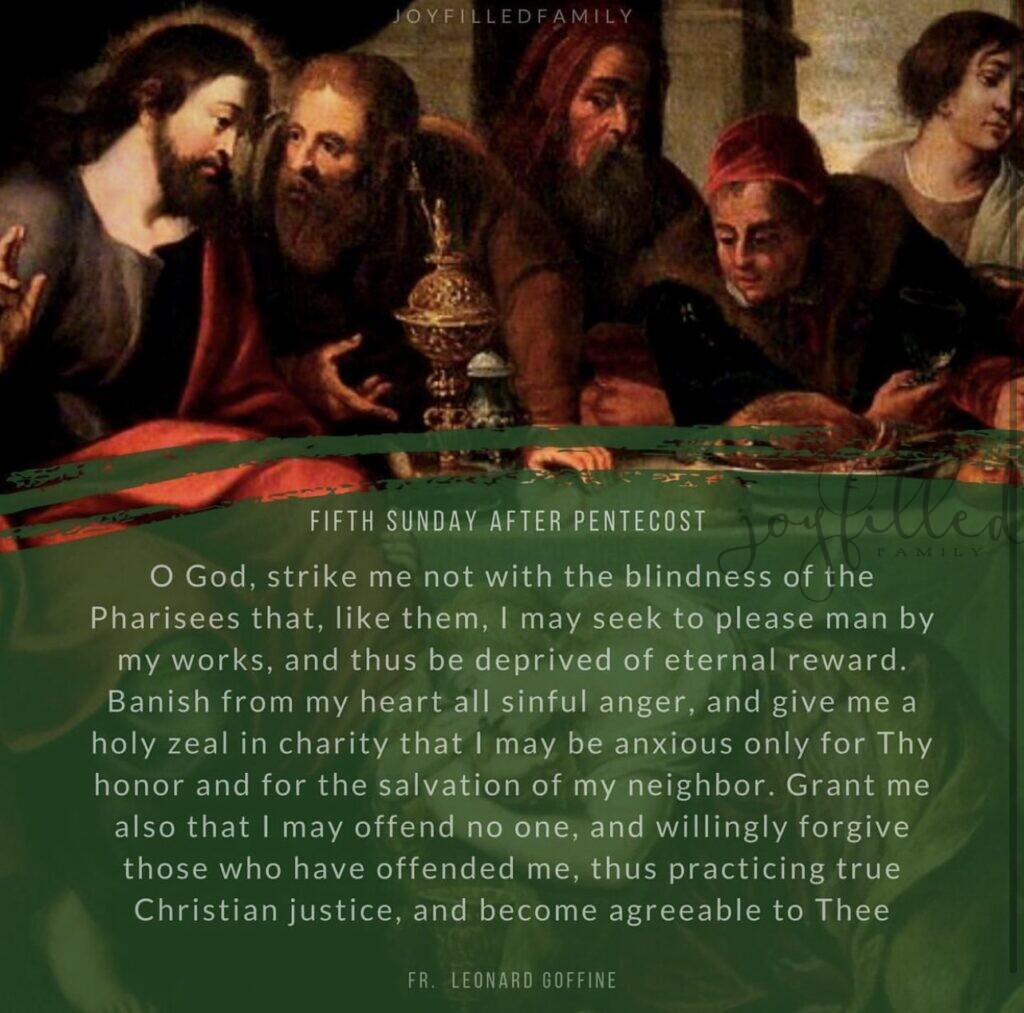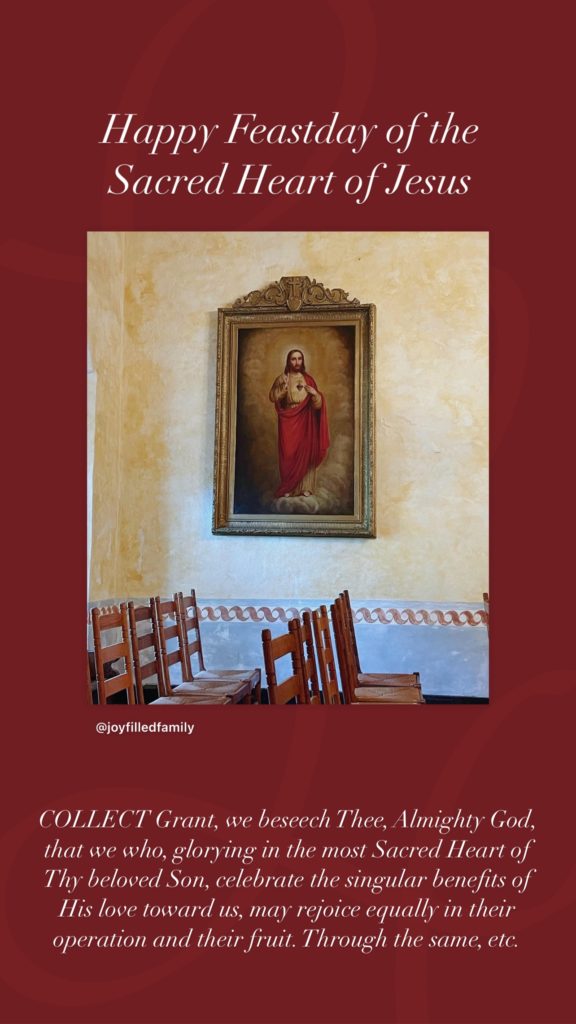Taken from Fr. Leonard Goffine’s Explanations of the Epistles and Gospels for the Sundays, Holydays, and Festivals throughout the Ecclesiastical Year36th edition, 1880
![[Image: NWQ0LmpwZw]](https://media1-production-mightynetworks.imgix.net/asset/56902888/1680634710083.png?ixlib=rails-4.2.0&fm=jpg&q=75&auto=format&w=1400&h=1400&fit=max&impolicy=ResizeCrop&constraint=downsize&aspect=fit)
Why is this week called Holy Week?
THIS week is called Holy Week because during it we celebrate the most holy mysteries of our religion, and in all her offices and ceremonies the Church refers in quiet mournfulness to the passion and death of our Redeemer.
What remarkable things did Christ do during the first four days of this week?
After He had entered, the temple at Jerusalem on Palm Sunday amidst the greatest rejoicings of the people, and, was saluted by the children with that cry of joy : “Hosanna to the Son of David,” He drove the buyers and sellers out of the temple, and when He had spent the entire day in preaching and healing the sick, He went in the evening to Bethania, where He remained over night in Lazarus’ house, because in Jerusalem no one wished to receive Him for fear of His enemies. The three following days He spent in Jerusalem, teaching in the temple, and passing the night in prayer on Mount Olivet.
In His sermons during these days He strove especially to convince the Jewish priests, the Doctors of the Law and the Pharisees, that He was really the Messiah, and that they would commit a terrible sin by putting Him to death; that they would bring themselves and the whole Jewish nation to destruction. This ruin of the people He illustrated most plainly causing the fig-tree to wither under His curse, and by foretelling the destruction of the city and the temple of Jerusalem. He disputed with them, and confounded them, and brought them publicly to shame by parables, so that out of anger and hatred they with one mind determined to kill Him. The impious Judas aided the most in the execution of their design; through avarice he sold Him for thirty pieces of silver (about eighteen dollars in our money) to the chief priests, and the next day, Thursday, became His betrayer and delivered Him over into their hands.
![[Image: ?u=http%3A%2F%2Fwww.victorianweb.org%2Fa...f=1&nofb=1]](https://media1-production-mightynetworks.imgix.net/asset/55457998/1678721887215.png?ixlib=rails-4.2.0&fm=jpg&q=75&auto=format&w=1400&h=1400&fit=max&impolicy=ResizeCrop&constraint=downsize&aspect=fit)
![[Image: ?u=http%3A%2F%2Fwww.rpcerie.org%2Fimages...f=1&nofb=1]](https://media1-production-mightynetworks.imgix.net/asset/55458257/1678722077193.png?ixlib=rails-4.2.0&fm=jpg&q=75&auto=format&w=1400&h=1400&fit=max&impolicy=ResizeCrop&constraint=downsize&aspect=fit)
![[Image: ?u=https%3A%2F%2Ftse4.mm.bing.net%2Fth%3...%3DApi&f=1]](https://media1-production-mightynetworks.imgix.net/asset/55458336/1678722154248.png?ixlib=rails-4.2.0&fm=jpg&q=75&auto=format&w=1400&h=1400&fit=max&impolicy=ResizeCrop&constraint=downsize&aspect=fit)
![[Image: ?u=http%3A%2F%2Fhopefaithprayer.com%2Fwp...f=1&nofb=1]](https://media1-production-mightynetworks.imgix.net/asset/55458335/1678722154651.png?ixlib=rails-4.2.0&fm=jpg&q=75&auto=format&w=1400&h=1400&fit=max&impolicy=ResizeCrop&constraint=downsize&aspect=fit) “And the last state of that man becometh worse than the first.”–Luke 11.If there were no relapses into sin, few children of the Church would lose their souls. For where is the Catholic, who, having had the misfortune of falling into mortal sin, has not, at least once, confessed with the intention and purpose of sinning no more? But Satan endeavors to destroy the good which the Lord works in the heart of the sinner by confession, and if he succeed again in forcing an entrance into that heart, it will be difficult indeed to dislodge him.
“And the last state of that man becometh worse than the first.”–Luke 11.If there were no relapses into sin, few children of the Church would lose their souls. For where is the Catholic, who, having had the misfortune of falling into mortal sin, has not, at least once, confessed with the intention and purpose of sinning no more? But Satan endeavors to destroy the good which the Lord works in the heart of the sinner by confession, and if he succeed again in forcing an entrance into that heart, it will be difficult indeed to dislodge him.![[Image: QSZwaWQ9QXBp]](https://media1-production-mightynetworks.imgix.net/asset/55458477/1678722270964.png?ixlib=rails-4.2.0&fm=jpg&q=75&auto=format&w=1400&h=1400&fit=max&impolicy=ResizeCrop&constraint=downsize&aspect=fit) “And he was casting out a devil, and the same was dumb.” LUKE xi. 14.
“And he was casting out a devil, and the same was dumb.” LUKE xi. 14.



 GOSPEL (Luke XIX. 41-47.) At that time, when Jesus drew near Jerusalem, seeing the city, he wept over it, saying: If thou also hadst known, and that in this thy day, the things that are to thy peace: but now they are hidden from thy eyes. For the days shall come upon thee, and thy enemies shall cast a trench about thee, and compass thee round, and straiten thee on every side, and beat thee flat to the ground, and thy children who are in thee: and they shall not leave in thee a stone upon a stone, because thou hast not known the time of thy visitation. And entering into the temple, he began to cast out them that sold therein, and them that bought, saying to them: It is written, My house is the house of, prayer, but you have made it a den of thieves. And he was teaching daily in the temple.
GOSPEL (Luke XIX. 41-47.) At that time, when Jesus drew near Jerusalem, seeing the city, he wept over it, saying: If thou also hadst known, and that in this thy day, the things that are to thy peace: but now they are hidden from thy eyes. For the days shall come upon thee, and thy enemies shall cast a trench about thee, and compass thee round, and straiten thee on every side, and beat thee flat to the ground, and thy children who are in thee: and they shall not leave in thee a stone upon a stone, because thou hast not known the time of thy visitation. And entering into the temple, he began to cast out them that sold therein, and them that bought, saying to them: It is written, My house is the house of, prayer, but you have made it a den of thieves. And he was teaching daily in the temple.




